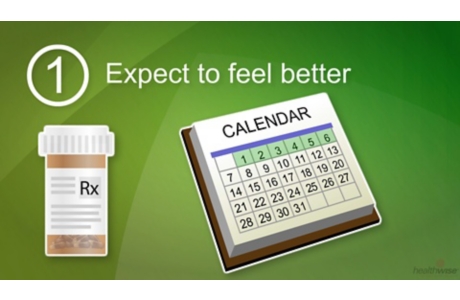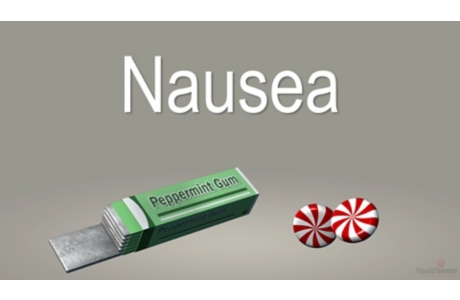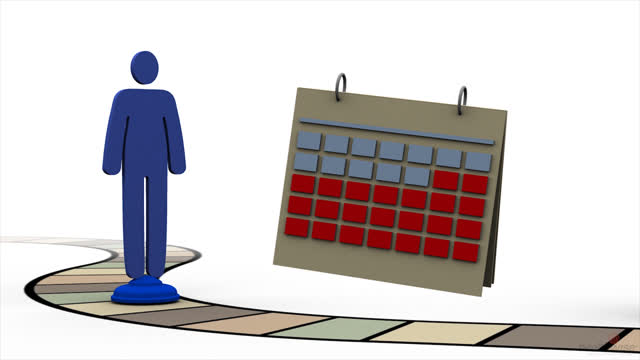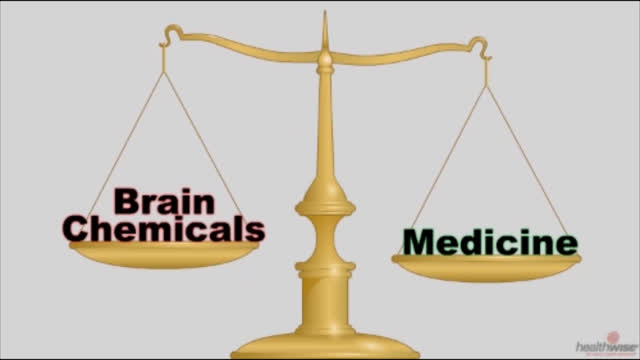Top of the pageActionset
Depression: Taking Antidepressants Safely
Introduction
If your doctor has prescribed antidepressants, there are some important things you need to know about how to take them. Following these guidelines can reduce problems and help you get the most benefit from your medicine.
- Antidepressants work best when you take them exactly as your doctor prescribes them. This also helps reduce side effects.
- You may start to feel better within 1 to 3 weeks after you start to take an antidepressant. If you have not improved at all in 3 weeks, your doctor may increase your dose or have you try a different medicine.
- Antidepressants can cause side effects, but most of them are mild and go away after you take the medicine for a few weeks.
- Taking an antidepressant for at least 6 months after you feel better can help keep you from getting depressed again.
- Be sure your doctor knows about any other health conditions you have and any medicines you take regularly. This information can affect which antidepressant your doctor prescribes for you.
- Quitting antidepressants suddenly can cause withdrawal symptoms or cause depression to return. If you are having a problem with your medicine or are ready to quit taking antidepressants, work with your doctor to slowly reduce the dose over a period of a few weeks.
How to take antidepressant medicine wisely
Learn about your medicine
To get the best results from an antidepressant medicine, you need to take it just as prescribed. Be sure you know:
- The name and dose of your medicine.
- How often you need to take it.
- How to take it. For example, should you take it with a meal or just with a glass of water?
- What to do if you miss a dose. Should you take it when you remember, or should you wait for the next dose?
When you pick up your medicine at the drugstore, read the information sheet that comes with it. This will list the side effects and other important facts. If there is anything you don’t understand, ask the pharmacist to explain it.
Take it as prescribed
- Try to take your medicine at the same time each day so you get in the habit.
- Use a pillbox that holds a week’s worth of pills. This can help prevent overdose.
- If you have not improved at all after taking your medicine for 3 weeks, tell your doctor. You may need to try a different antidepressant.
- Take your medicine for as long as your doctor says to. Don’t stop taking it just because you start to feel better.
- When it is time to quit taking antidepressants, work closely with your doctor. You will need to slowly reduce the dose over a period of a few weeks. Quitting suddenly can cause withdrawal symptoms or cause depression to return.
Know what to avoid
- Do not take any new medicines without talking to your doctor first. Even common medicines such as aspirin and some vitamins and herbs can cause problems if you use them while you are taking antidepressants.
- Do not drink alcohol. It can make the side effects worse.
Know about the side effects
Do not stop taking your medicine if you have mild side effects. They will most likely go away after you take the medicine for a few weeks.
If the side effects bother you, talk with your doctor. He or she may prescribe a different medicine or suggest ways to manage your side effects.
Call your doctor right away if you or anyone who takes antidepressants has any serious side effects, such as:
- Chest pain.
- Hives, shortness of breath, trouble swallowing, swollen lips, or other signs of a serious allergic reaction.
- Warning signs of suicide, such as talking or writing about death, giving away belongings, or withdrawing from family and friends.
- Manic behavior, such as having very high energy, sleeping less than normal, being impulsive, or being grouchy or restless.
Credits
Current as of: May 28, 2019
Author: Healthwise Staff
Medical Review:Kathleen Romito, MD – Family Medicine & Lisa S. Weinstock, MD – Psychiatry
Current as of: May 28, 2019
Author: Healthwise Staff
Medical Review:Kathleen Romito, MD – Family Medicine & Lisa S. Weinstock, MD – Psychiatry
This information does not replace the advice of a doctor. Healthwise, Incorporated, disclaims any warranty or liability for your use of this information. Your use of this information means that you agree to the Terms of Use. Learn how we develop our content.






